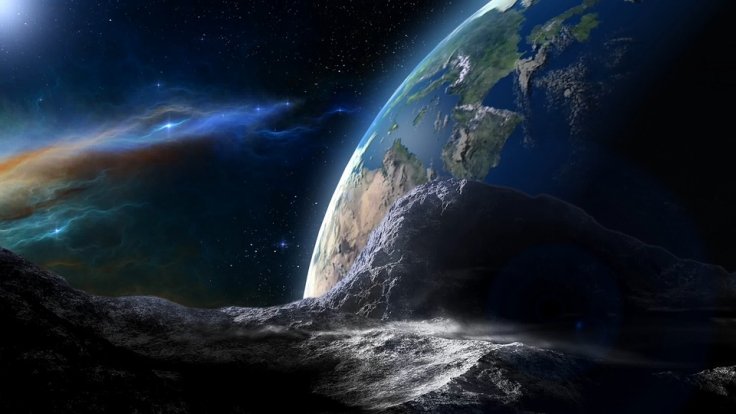
The controversial Younger Dryas Impact Hypothesis was proposed long back in 2007. As per this hypothesis, an extraterrestrial asteroid or comet hit the earth around 13,000 years ago which triggered a mini ice age on the planet. The hypothesis also suggested that this impact from deep space also resulted in the extinction of more than 35 ice age animal species, which could have been unique in their own way. It also states that this period during the end of the Pleistocene Epoch almost wiped out humanity.
Now, a new study conducted by researchers at the University of South Carolina has found evidence that substantiates the possibility of a deep space impact that forms the base of the Younger Dryas Impact Hypothesis. The study report published in the journal Scientific Reports reveals that researchers have found platinum spikes, an element associated with deep space objects like asteroids or comets, discovered in North America, Europe, Asia, South America and Africa. The research report suggests that the discovery of platinum spikes is an indication of a global event that happened around 13,000 years ago, that cooled the entire planet.
"We continue to find evidence and expand geographically. There have been numerous papers that have come out in the past couple of years with similar data from other sites that almost universally support the notion that there was an extraterrestrial impact or comet airburst that caused the Younger Dryas climate event. First, we thought it was a North American event, and then there was evidence in Europe and elsewhere that it was a Northern Hemisphere event. And now with the research in Chile and South Africa, it looks like it was probably a global event," said Christopher Moore, an archeologist at the University of Carolina, in a recent statement.
However, Moore made it clear that it was not just the asteroid impact that caused the widespread extinction of ice age animals. The archeologist claimed that hunting and climate change are also other crucial factors that played a crucial role in causing extinction of these creatures.
"Overhunting by humans almost certainly contributed, too, as did climate change. Some of these animals survived after the event, in some cases for centuries," added Moore.
A few weeks back, another study report had detailed the aftereffects of the asteroid hit that happened 65 million years ago, which resulted in the extinction of dinosaurs. Researchers revealed that the asteroid impact created a 100-mile wide hole on the earth's surface, and the global temperature dropped by as much as 30 degrees Fahrenheit.








